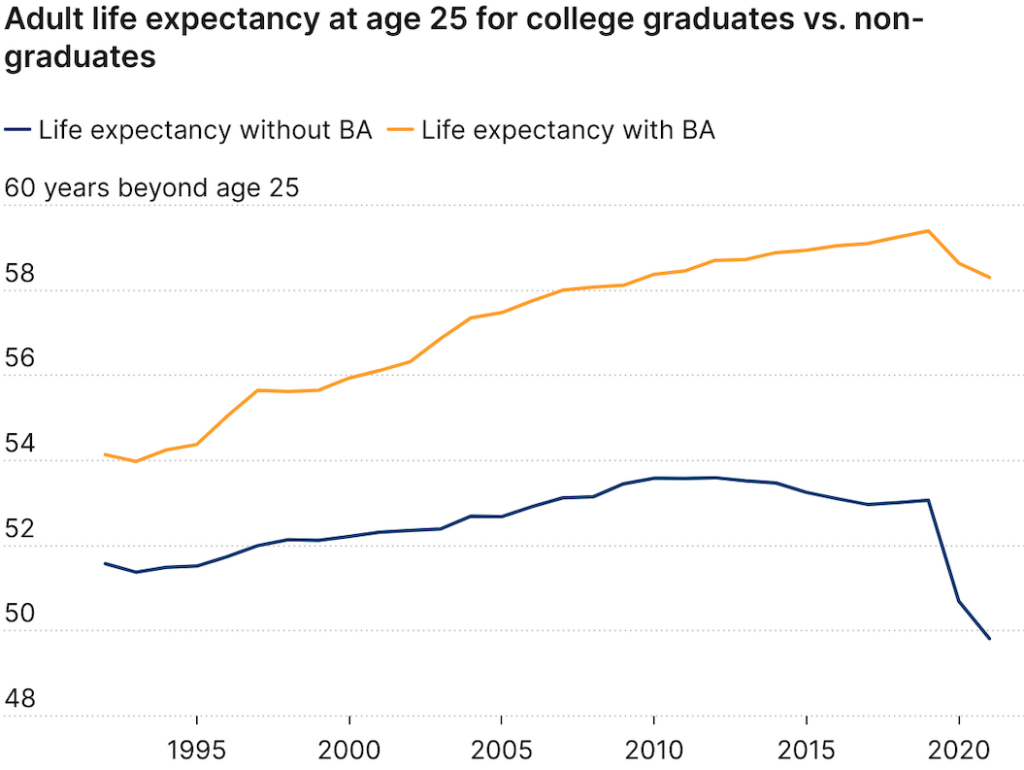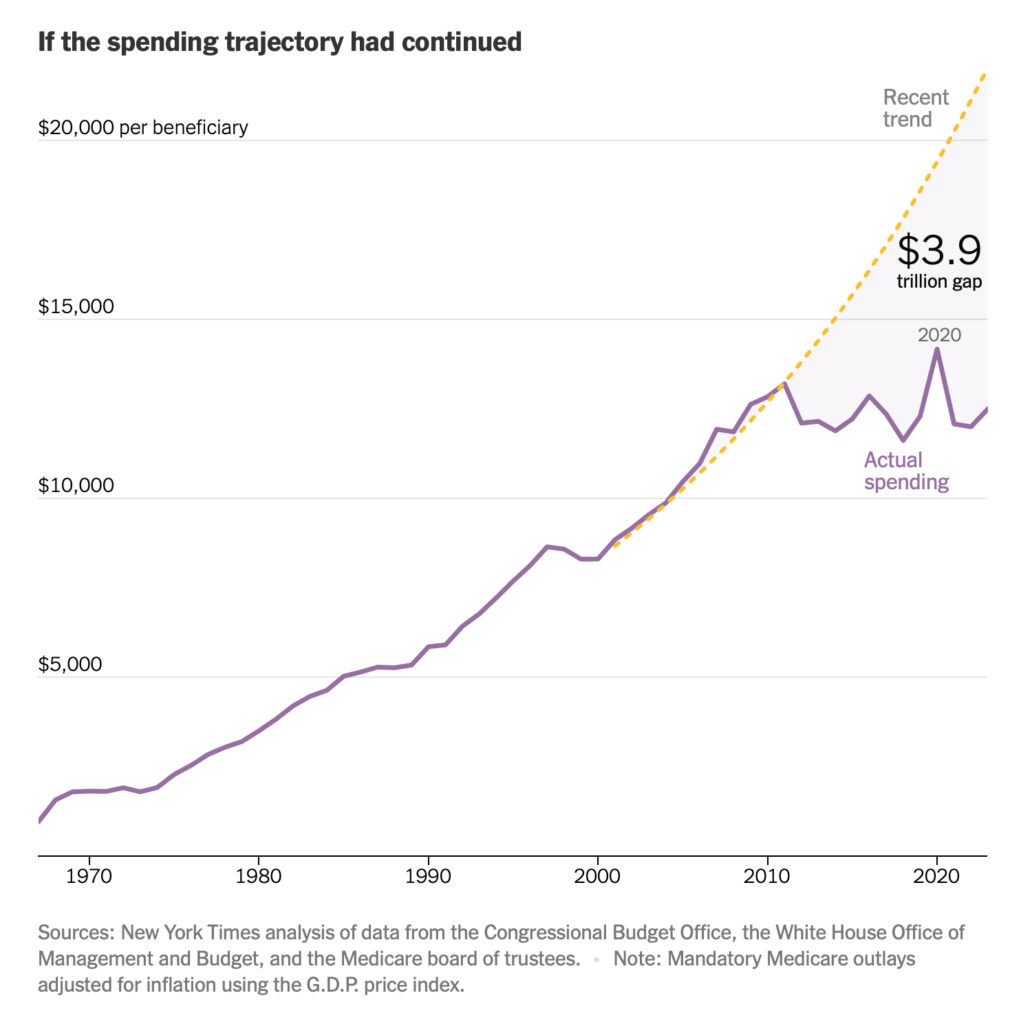The Department of Labor’s assistant secretary of labor for employee benefits security, Lisa Gomez, defended the DOL’s final rule allowing the consideration of ESG factors in retirement plan investments at a webinar hosted Monday by Ceres, a sustainability advocate.
The rule, which took effect on January 30, permits, but does not require, the use of ESG considerations in investment selection by retirement plan fiduciaries. There is a pending lawsuit in Texas challenging the legality of the rule.
Gomez explained that this rule is “not a per se requirement” to use ESG and clarifies that ESG factors may be considered as part of a fiduciary’s ordinary risk-return analysis. She also explained that this new rule does not allow fiduciaries to sacrifice the financial health of a plan to pursue other goals: A fiduciary may consider the risks and opportunities of climate change and other ESG factors.
Gomez dubbed the rule “a return to neutrality.”
According to Gomez, the previous rule, passed during the administration of President Donald Trump, which required only “pecuniary factors” to be used in investment selection, had a “chilling effect” on the consideration of ESG factors. Gomez said the word “pecuniary” neither appears in the text of the Employee Retirement Income Security Act, the governing statute for both rules, nor does it occupy a “long-standing place in employee benefits law.”
Gomez briefly discussed one of the more nebulous provisions of the new rule when she said participant preferences for investments can be considered in menu selection on the grounds that it can increase plan participation and deferral rates, thereby increasing retirement security. She did not comment on how fiduciaries should determine adequate participant interest or how much economic gain could be compromised in exchange for increased participation, if any.
Eric Pitt, a climate finance consultant at Ceres who moderated the webinar, asked Gomez how a fiduciary should consider a hypothetical ESG large-cap stock fund for a plan menu: Should the fiduciary compare it to other similar ESG funds or the entire universe of large-cap funds? Gomez answered that there is no special treatment for ESG funds, and a fiduciary should look generally at the risk and return for any and all large-cap equity funds available, whether they use ESG considerations or not.
Despite the branding of the rule as neutral, Republicans in Congress have increased their organized opposition to the use of ESG considerations in retirement-plan investing.
Representative Patrick McHenry, R-North Carolina, chairman of the House Financial Services Committee, announced the creation of a “Republican ESG working group” on Friday. The purpose of the working group is to “combat the threat to our capital markets posed by those on the far-left pushing environmental, social, and governance (ESG) proposals.”



